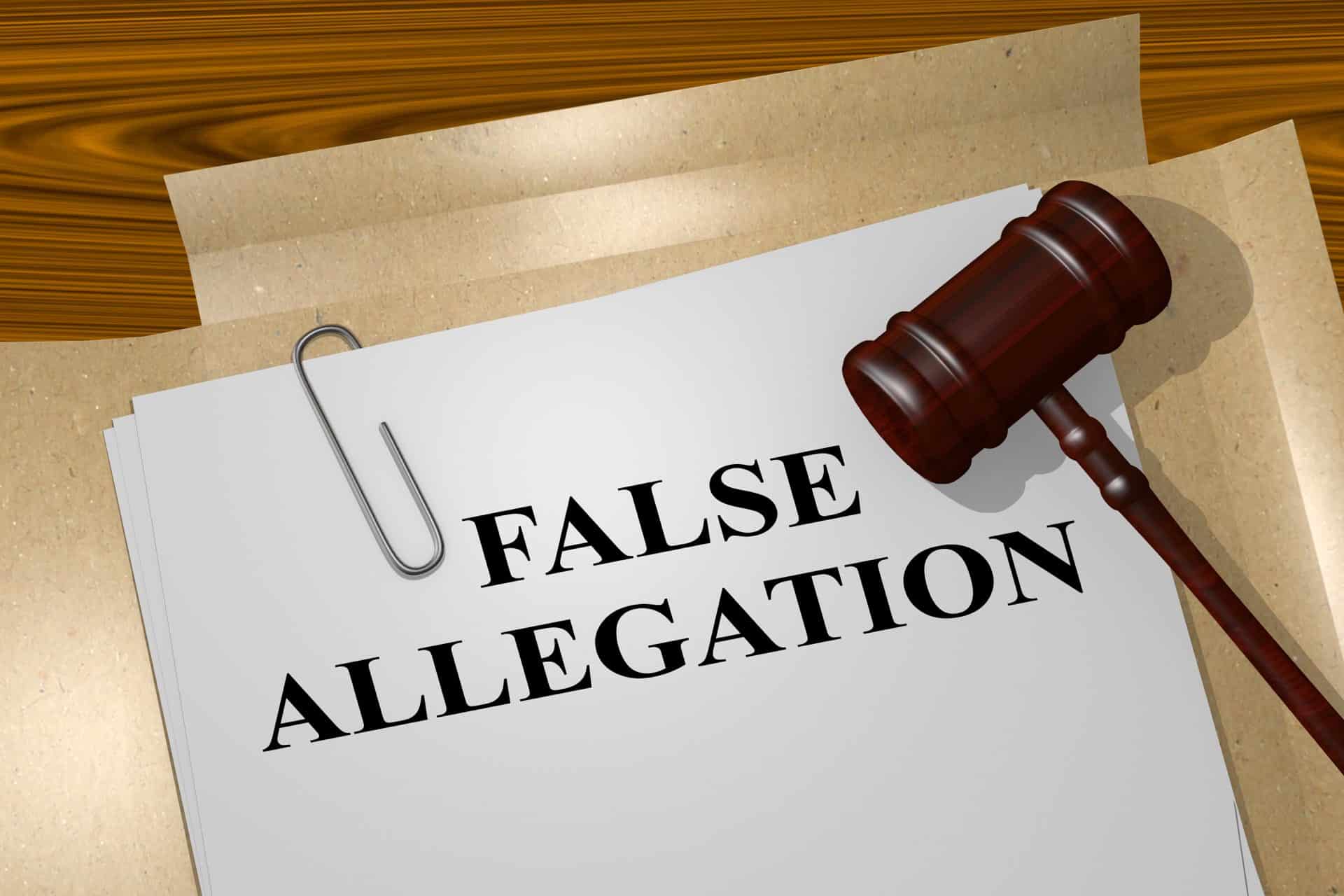
Mistakes are an inherent part of the human experience. Making a poor decision can help you learn, grow, and develop as a person. Unfortunately, some people’s momentary lapses in judgment carry lasting consequences that may limit their futures in many significant ways. A criminal record can haunt you long after the matter has been resolved, narrowing your housing or employment options. Fortunately, states like Texas recognize that many people deserve second chances. Certain criminal offenses are eligible for expunction (also known as expungement in other states), freeing you from the legal obligation to disclose your arrest or criminal history when requested. However, you will need to meet several eligibility requirements to qualify for an expunction, and some charges are simply not eligible for an expunction at any time. If you are interested in learning more about the expunction process in Pearland or South Houston, reach out to an experienced and trusted criminal defense attorney to discuss your situation.
What is Expunction?
The expunction process enables certain events on an individual’s criminal history record to be removed permanently. However, expunction is very narrow in scope, as you’ll need to fulfill several requirements to qualify for this option. Texas expunction may apply to either a felony or misdemeanor offense in which you were acquitted at trial, the case was dismissed, you were pardoned, or the State never formally charged you with a crime. Even if you don’t meet the requirements for expunction, you may be able to obtain an order of nondisclosure that shields certain offenses from public disclosure—although these offenses will remain visible and available to criminal justice agencies, licensing agencies, and other types of government entities.
When Expunction in Texas May Be Granted
There are a few circumstances in which you may petition the court for an expunction. For instance, if you were charged with a crime for which a judge or jury found you not guilty, you may be eligible for an expunction. Other records that may be eligible for expunction include: A criminal charge that was ultimately dismissed; certain qualifying misdemeanor juvenile offenses; conviction of a minor for certain alcohol-related offenses; conviction for failure to attend school; arrest of a person that is not charged, as long as the case is not filed and there is no felony offense arising out of the same transaction for which the individual was arrested; arrest of a person who is never formally charged if the prosecuting attorney’s office certifies that the records and files are not needed for any criminal investigation or prosecution; conviction for a crime that is later acquitted by the trial court or the court of Criminal Appeals; and conviction for a crime that is later pardoned by the Texas Governor or the U.S. President.
Limitations to the Expunction Process in Texas
Texas recognizes that a conviction for certain criminal offenses involving sexual assault or violent acts cannot be removed from your criminal record. For instance, you will likely be unable to obtain an Order of Nondisclosure for offenses requiring you to register as a sex offender. If you’ve been placed on deferred adjudication or convicted of murder, capital murder, sexual assault, stalking, aggravated kidnapping, human trafficking, abandoning or endangering a child, or an offense involving family or domestic violence, you may not pursue an order of nondisclosure. However, it may be possible to have an event on your criminal record expunged as long as you were either arrested but never formally charged, the victim of identity theft, found not guilty at trial, or the charges against you were officially dismissed. Depending on the nature of your offense, you’ll need to observe a waiting period before you can file for expunction. For example, if you were arrested for a Class C misdemeanor, you must wait 180 days before pursuing an expungement request. For expungement requests involving most felonies, you must observe a waiting period of three years. If you are seeking an expunction for an event in which charges were brought, you must wait for the corresponding statute of limitations to expire before filing an expunction request.
How a Skilled Pearland Criminal Defense Attorney Can Help
The expunction request process can be confusing and challenging to navigate on your own. Your best bet is to enlist the guidance of a trusted and experienced Houston criminal defense attorney who can assess the specifics of your situation and advise you on the most strategic path forward. If your attorney determines that you may qualify for an expunction, they can help you complete each step of the request process. Together, you can lay the groundwork for a brighter future and the second chance you deserve.
If you need help determining whether you’re eligible for expunction, call the Law Offices of Keith G. Allen, PLLC, today at (832) 230-0075 to speak with a knowledgeable and experienced Pearland criminal defense lawyer.





